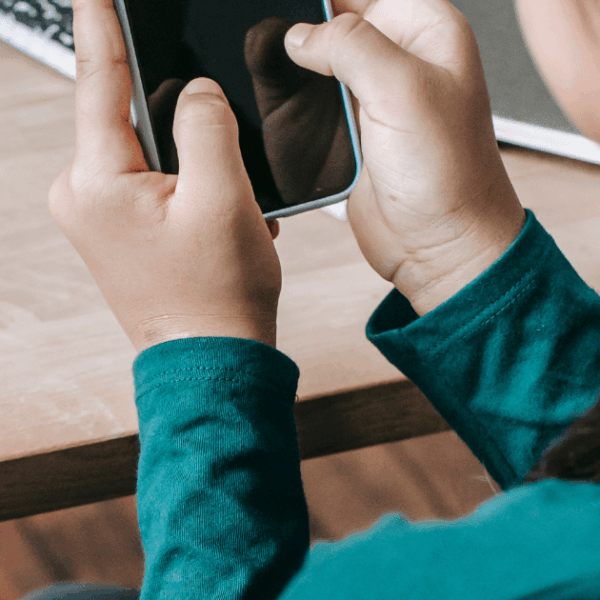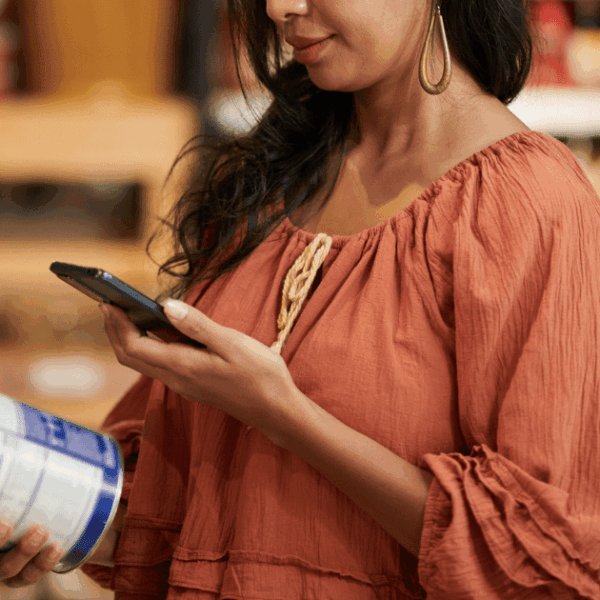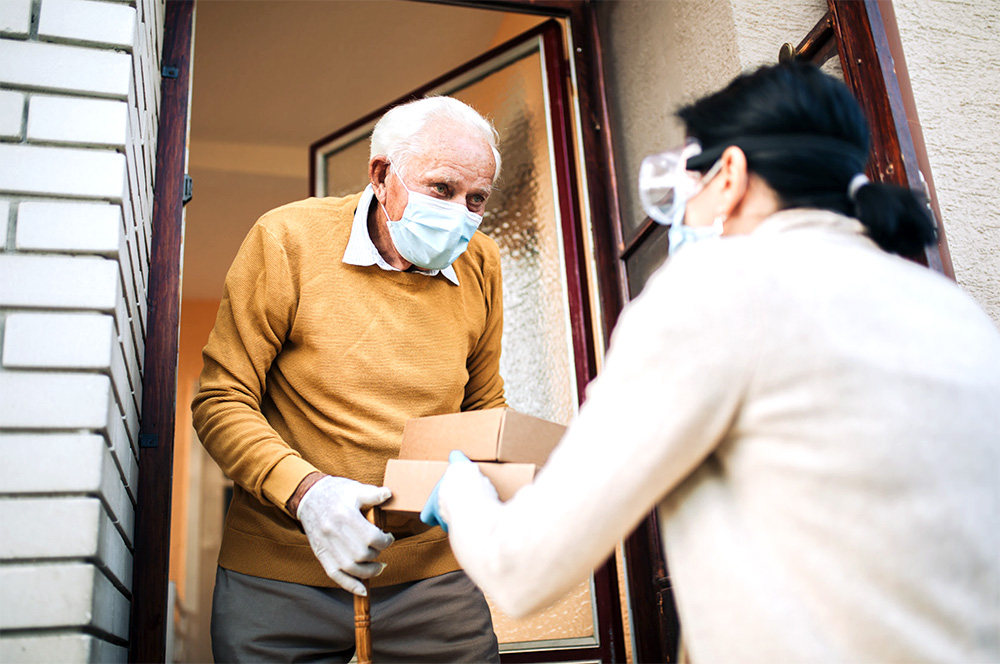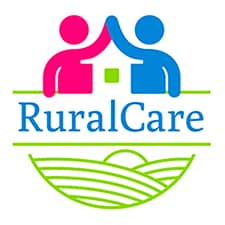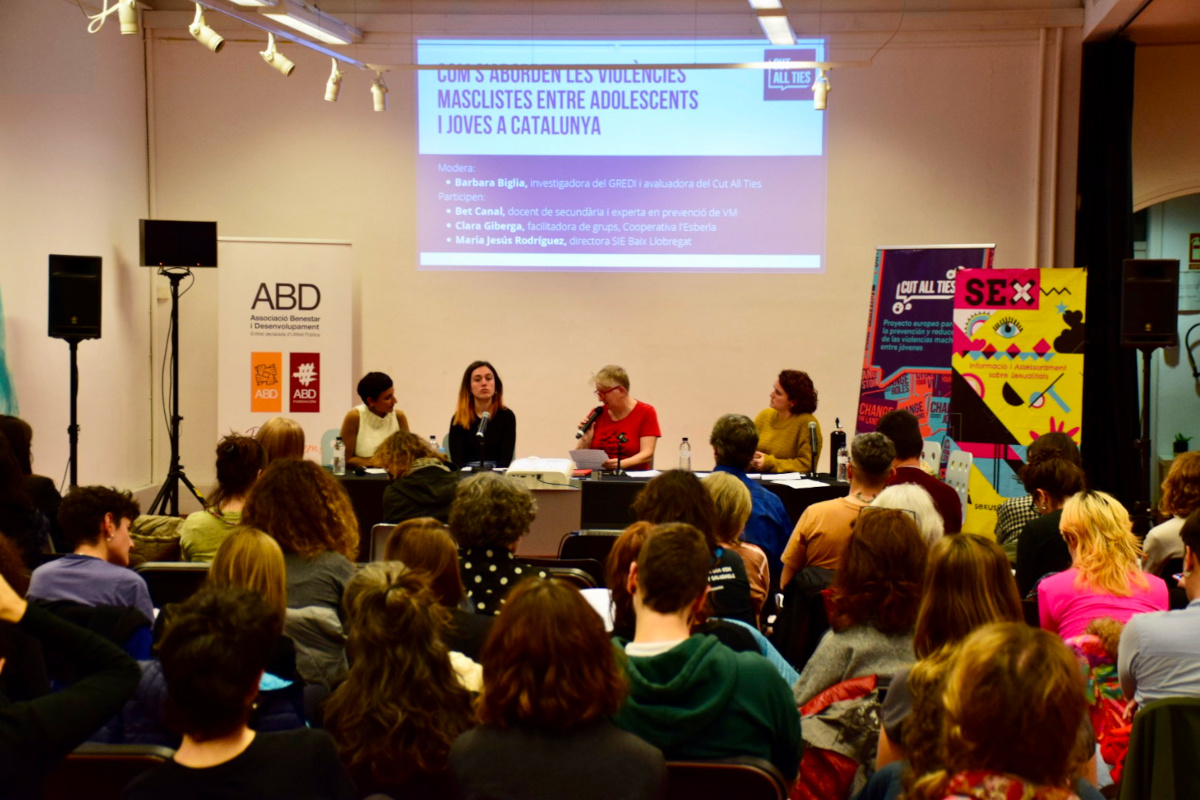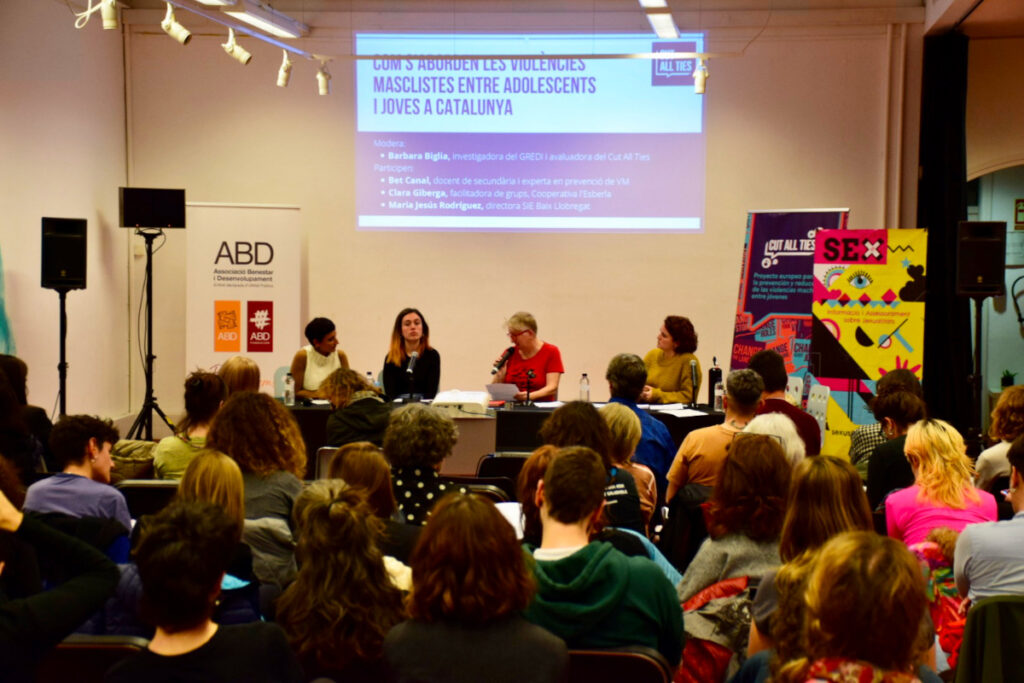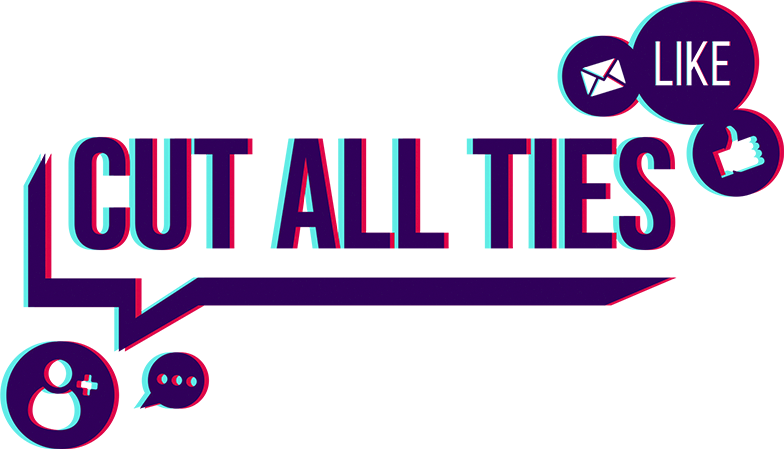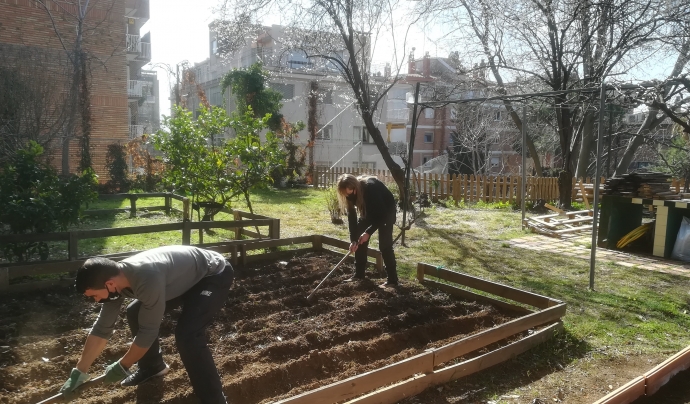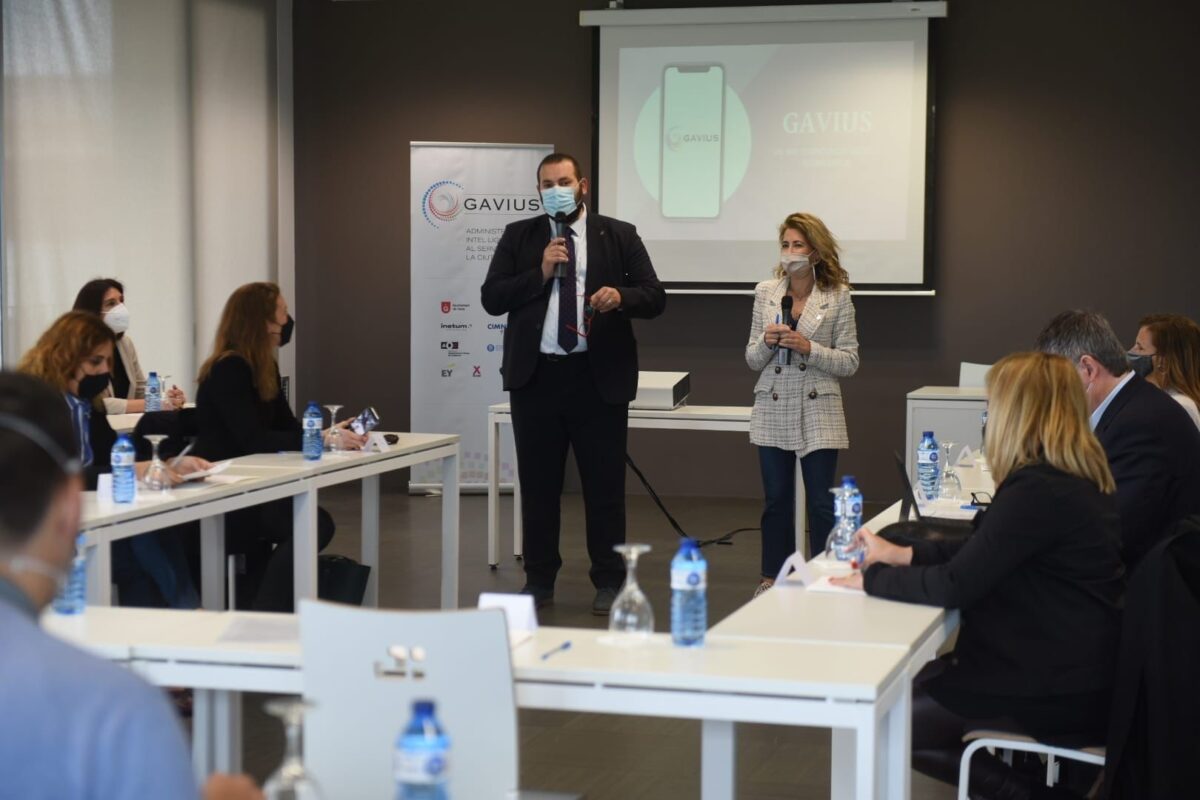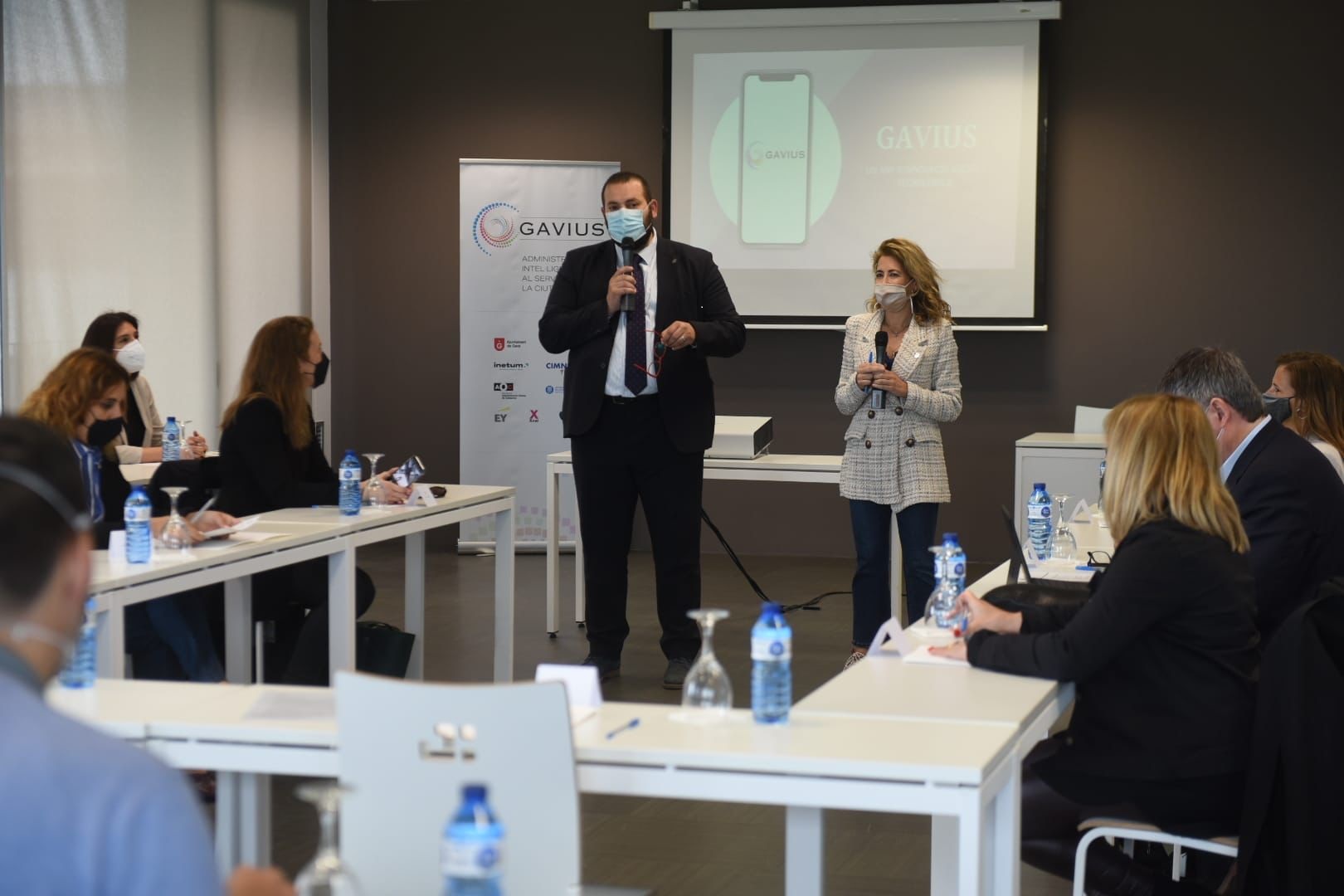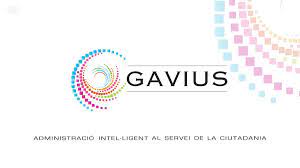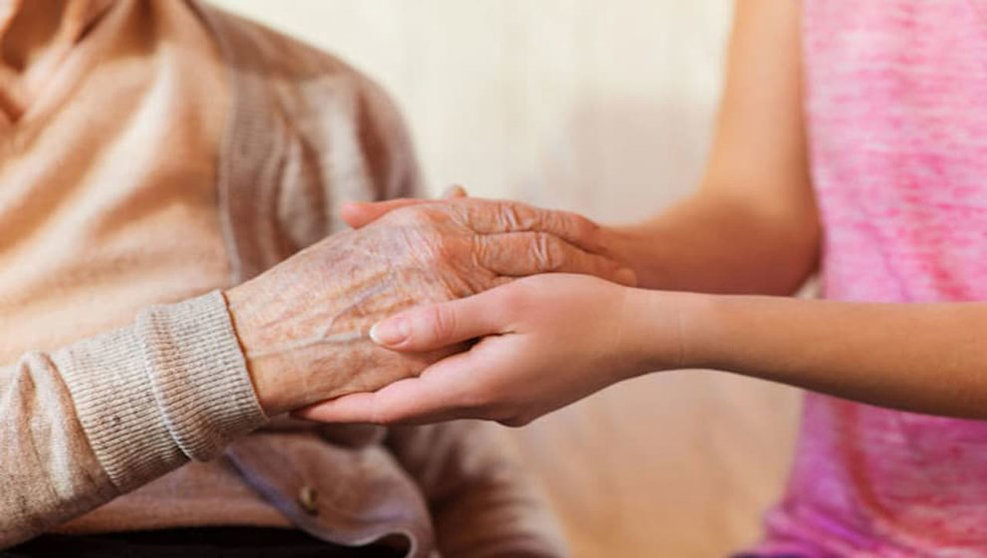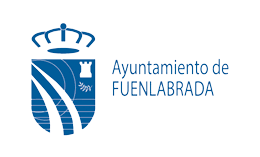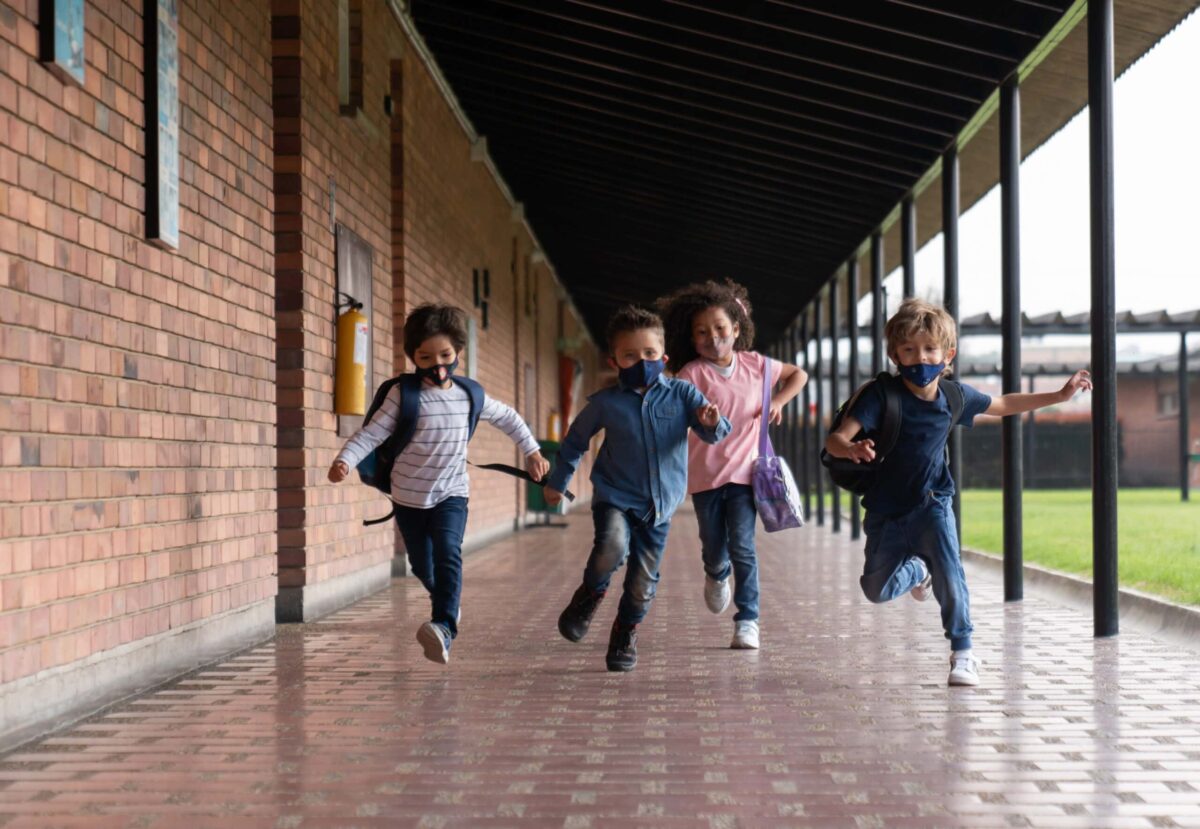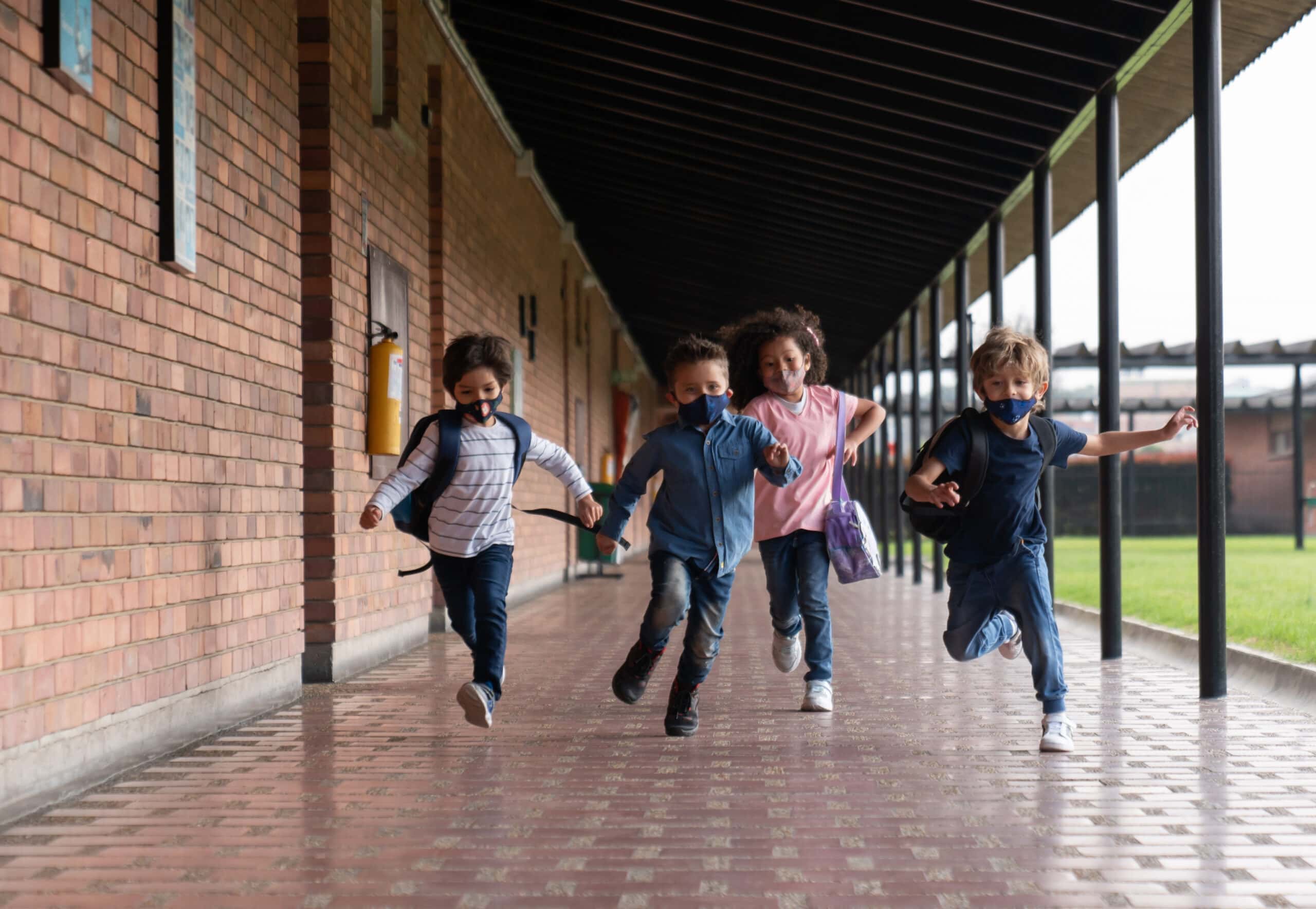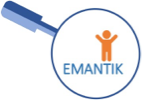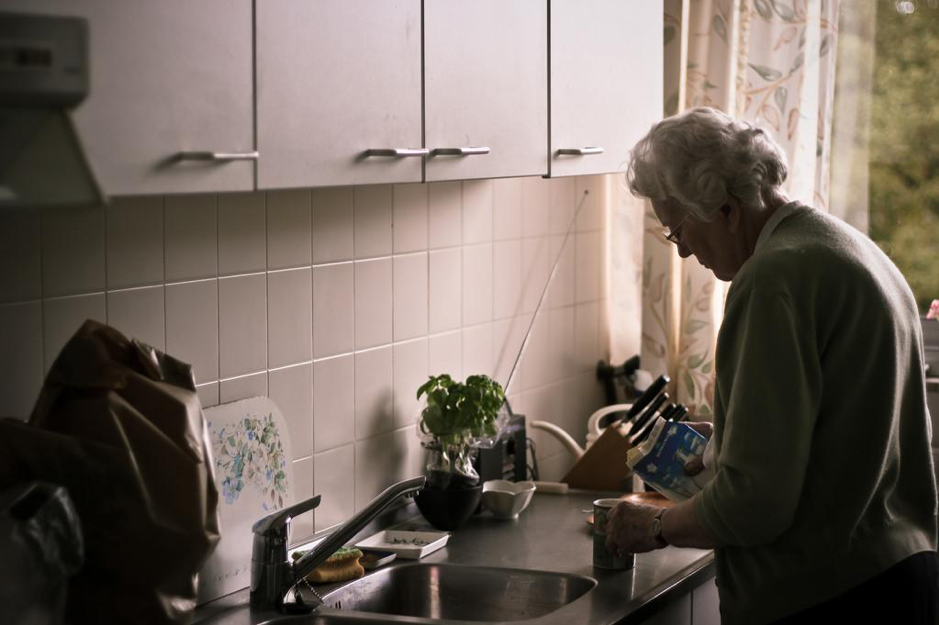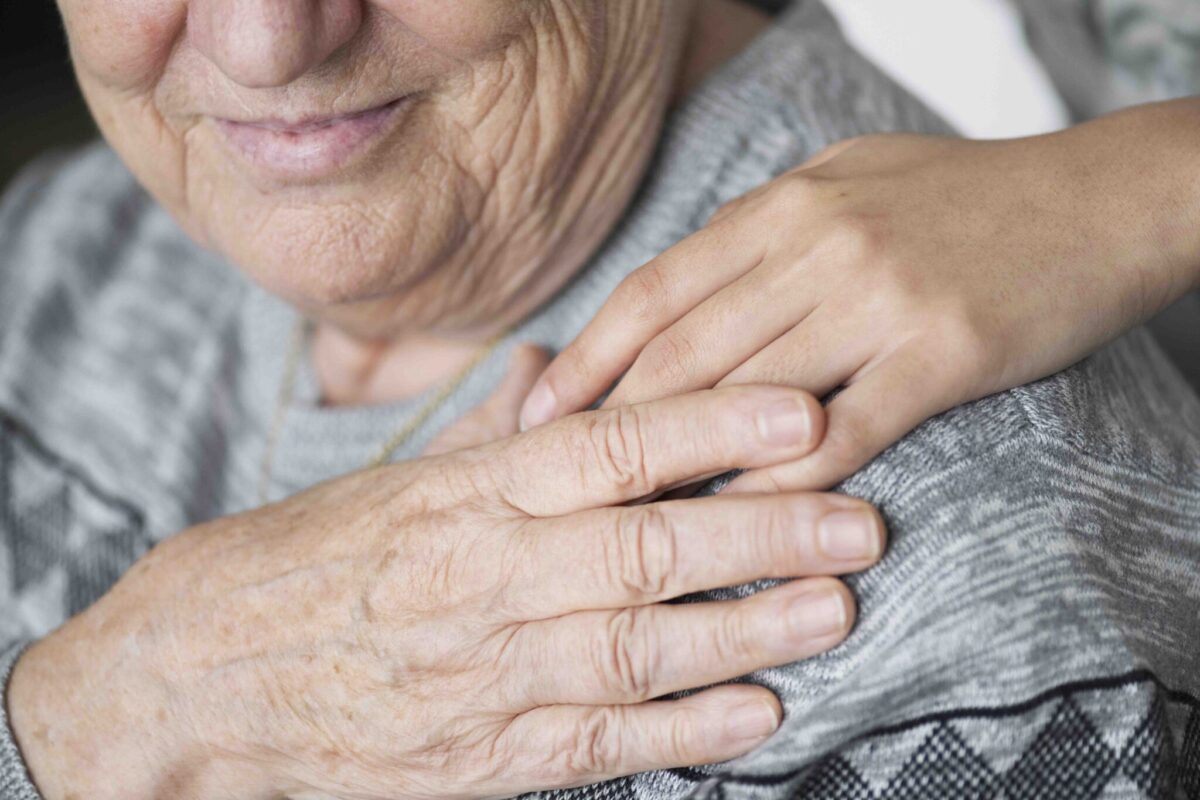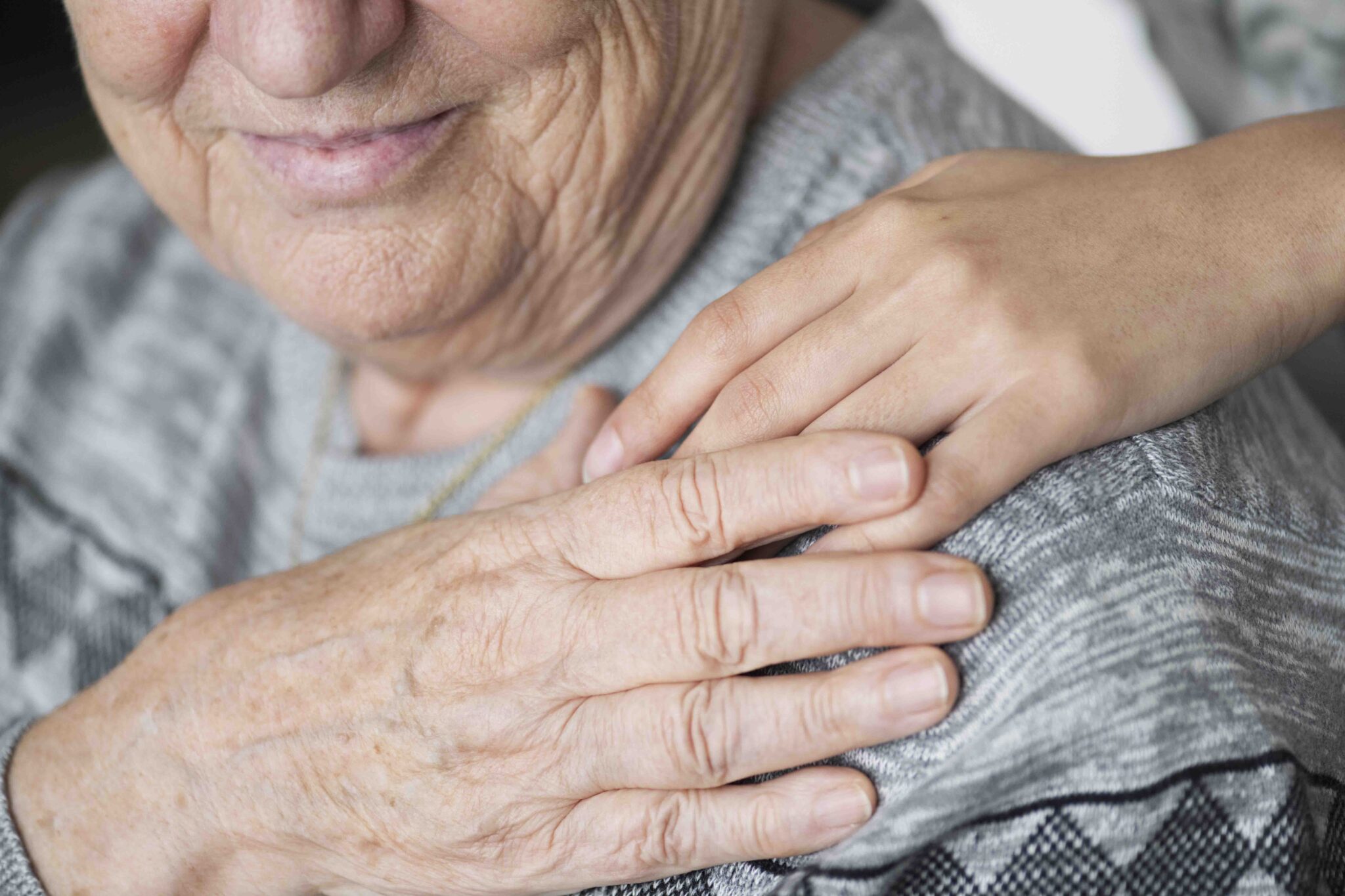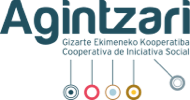Audivers 360º, immersive reality speech therapy for individuals with hearing impairment
Audivers 360º, immersive reality speech therapy for individuals with hearing impairment
ACAPPS, Broomx and UAB
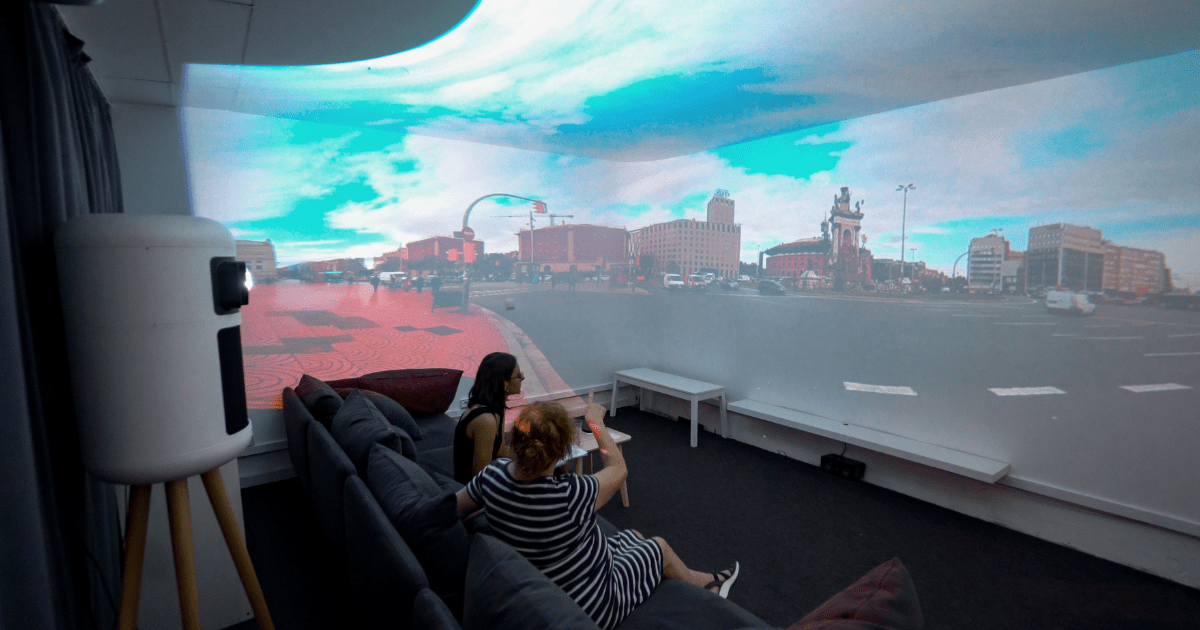
A pioneering project in speech therapy with immersive reality, aimed at children and adults with hearing loss
Audivers 360º seeks to apply new technologies to transform conventional speech therapy sessions into experiences that allow individuals to immerse themselves in the real sounds of an environment, making the session more natural, enriching and efficient.
In collaboration with Broomx, the technological company that owns the tool, they have created immersive scenarios adapted to the needs of people with hearing impairment. With these immersive scenarios, all the objectives set in a conventional speech therapy session are addressed, comprehensively reinforcing aspects of hearing, language and communication. They address aspects such as sound detection and discrimination, recognition, verbal expression and comprehension, as well as other aspects of language pragmatics.
Simultaneously, while these activities are carried out, they are working on other aspects such as executive functions, auditory memory, motivation towards speech therapy and emotional well-being, among others. This innovative methodology has a direct and significant impact on the social inclusion process of adults and children with hearing loss, addressing and incorporating all auditory, communicative and emotional needs to successfully carry out and optimize speech therapy sessions.
Characteristics of innovation
Localization
Barcelona, Catalonia
Partners / Funders
Social Rights and Health Departament from Generalitat de Catalunya, Barcelona City Council and Fundació la Caixa
Genesis
A pioneering project in virtual reality speech therapy sparked the organization’s interest in the opportunities and new methodologies that technologies can bring to speech therapy sessions. Virtual reality allowed the transformation of traditional sessions by connecting the sound of an environment in a practical and intuitive way. This approach enhances the engagement and motivation of the individual receiving therapy, who observes results more rapidly. However, the association perceived shortcomings in the virtual reality’s support for the speech therapist. At that moment, they discovered the immersive reality rooms at Suara Cooperativa and saw a potential solution to the issue: applying immersive reality to speech therapy. In 2022, they began developing the idea, which eventually took shape in May 2023.
Level of implementation
Audivers 360º is still in the pilot phase. Test sessions are being conducted with 20 individuals with hearing impairment, including both children and adults. These sessions will be evaluated based on the participant’s satisfaction level and the assessment of speech therapists regarding the methodology and outcomes of the sessions, both quantitatively and qualitatively. The project was awarded the Graustic 2023 Prize for Social Integration through Digitalization, sponsored by the iSocial Foundation.
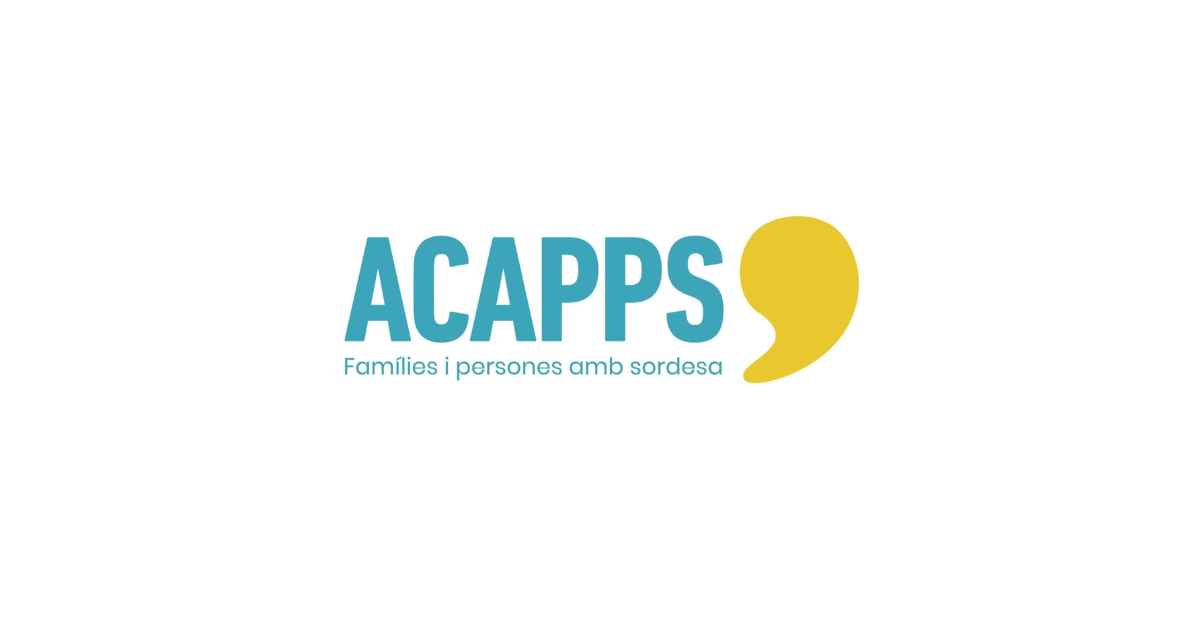
Banc d’innovacions

